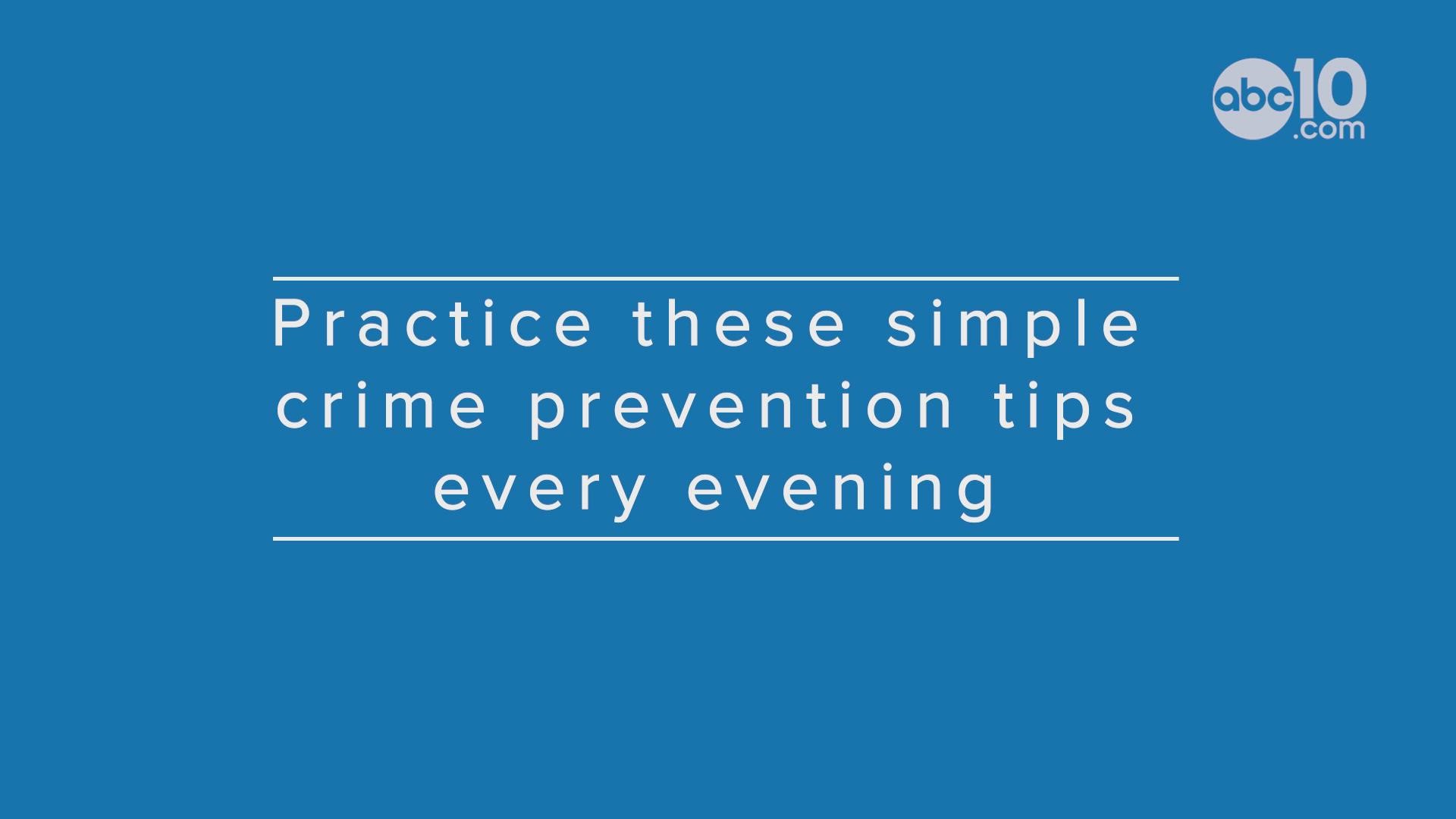SACRAMENTO, Calif. — The California Department of Corrections and Rehabilitation (CDCR) hosted a much anticipated public comment teleconference Thursday morning on the expansion of early release sentencing credits based on good behavior. But participants say the teleconference was difficult for the public to participate in due to interruptions and people speaking over each other.
The California State Senate Republic Caucus described it as "a circus," mashing up audio to reflect how disruptive the process was. Among the sounds heard on the teleconference were commercials, pop songs, and even toilet flushes.
“Really? CDCR is considering releasing violent and dangerous felons early and they can’t even run a conference call?” said Senate Republican Leader Scott Wilk (R-Santa Clarita) in a statement. “This is like something you’d see in an SNL skit, it’s unbelievable. The home of the tech capital of the world is incapable of hosting a public discussion on proposed regulations.”
ABC10 reached out to CDCR to ask if the public comment would be extended for those who felt their comment was not recorded properly. Officials said the agency values public comments, adding, “The technology selected was done so to accommodate the large number of public comments and interest in the Good Conduct Credits regulations. Our moderator was able to bring order to the public meeting early in the process by reminding participants of the rules and reminding people to be respectful of other participants. This is not uncommon in public meetings, even those held in person.”
After an extensive public comment period, including opportunities to send in comments via email and snail-mail, the public hearing was scheduled to be virtual and lasted nearly five hours. In total, the department collected 3,300 comments on the proposal.
“We apologize for any inconvenience, but appreciate the public’s patience with this process, and can assure that people were heard, all comments were recorded, and will be included in the next steps in the rulemaking process,” said a CDCR spokesperson.
With the public comment portion closed, CDCR will review and respond to all of the comments in a document called the Final Statement of Reasons, to be filed with the Office of Administrative Law (OAL). It has 30 working days to review the comments, CDCR responses, and proposed regulations to approve or disapprove the regulations.
Should substantive changes be made to the proposed regulations, there will be another 15 days of public comment on the proposed changes.
If OAL approves the proposal, it moves on to the Secretary of State to go into permanent effect. If OAL disapproves of the proposal, CDCR will have up to 120 days to correct and resubmit regulations.
Several policies have been put in place over the years, beginning widely in 2016 with proposition 57, that assist prisoners in getting out of jail early based on "credit earning opportunities."
It was widely approved by voters. CDCR officials say it engages positive programming with inmates while they serve their time, leading to improved behavior and avoiding recidivism. Those on death sentences or sentenced to life without parole are ineligible.
CDCR is considering making emergency policies that allow those with violent felonies to earn up to 33% off their sentence, and non-violent offenders 66% off.
However, critics say these policies are contributing to violence.
“California considers the following crimes as non-violent; assault with a deadly weapon, domestic violence, rape of an unconscious or disabled person, human trafficking of a child, hate crimes (up 300% this year), and actively participating in a street gang,” said Assembly member Jim Cooper, who is running for Sacramento County Sheriff.
The Sacramento County district attorney's office told ABC10 CDCR has not been transparent.
They said they've been able to find between January 2019 and May 20, 2021, in Sacramento County, 4,000 people were released within those 16 months.
While CDCR hasn't said who was released and who was not, the DA’s office found of that 4,000, about 640 released have re-offended, been convicted, and sentenced — that's 16%.
Meanwhile, advocates for prison reform fear the debate will create more harm to those incarcerated who deserve a second chance and have family members awaiting their release.
“This whole fight has always been about labeling poor people of color based on a few bad-decision makers to make a campaign to mass incarcerate,” said Henry Ortiz with All of Us or None Sacramento.
Ortiz was released from prison early under Prop 57. He said the root causes of re-offenses is due to lack of investments in impoverished neighborhoods. “Hurt people hurt people, but when we invest in healing people, healed people heal people,” Ortiz said.

















